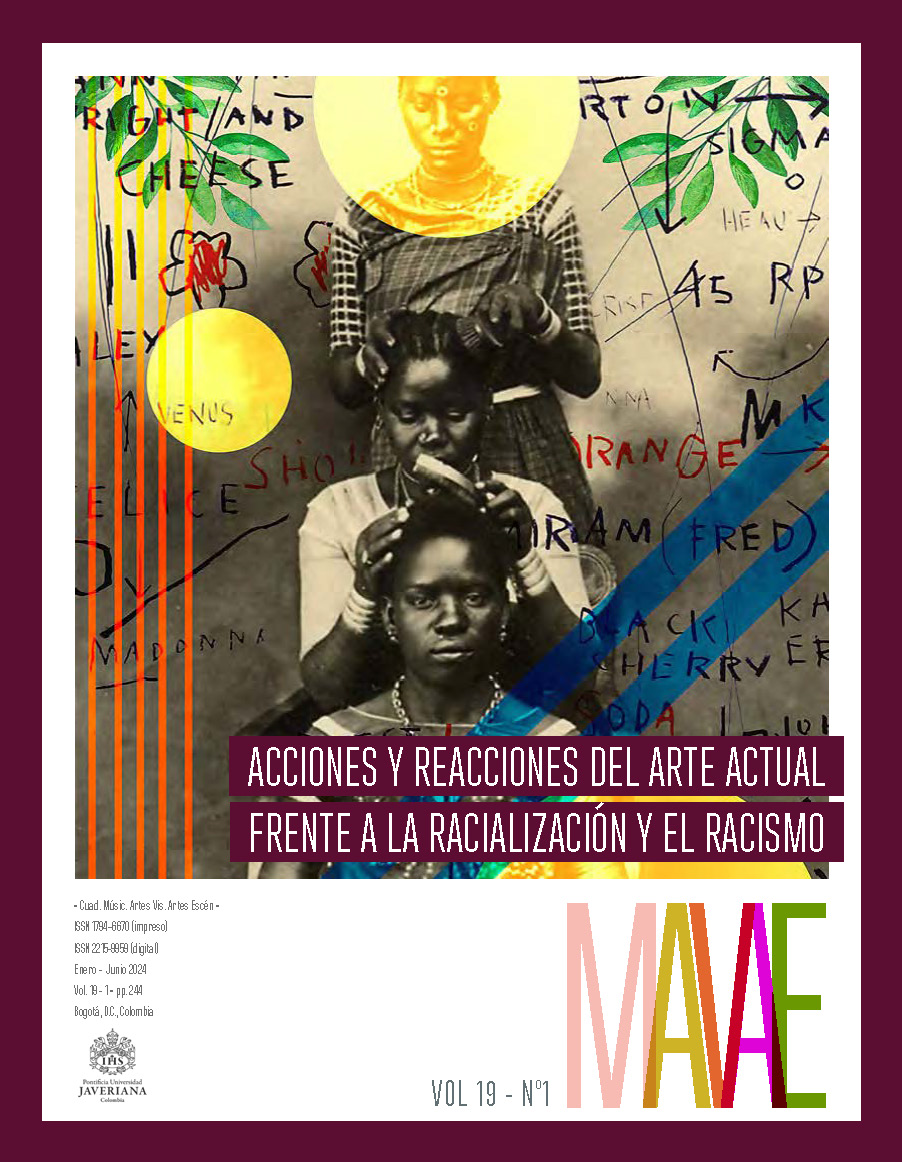Abstract
The article presents a reflection from a research project that seeks to reconstruct the history of the Universidad del Rosario in relation to enslavement and other forms of racial oppression. Initially, the project had as an objective to critically examine the history of the racial oppression through the exploration of the available archives in an attempt to shed light on the lives of the enslaved people who were associated with the University and to emphasize their humanity and struggle for freedom. Nevertheless, with time, the objectives were broadened to include initiatives in public history which promoted a dialogue between social sciences and art from an anti-patriarchal, anti-racist and decolonial focus. Besides the research project, four memorial initiatives associated with this are presented. These initiatives include a physical and virtual tour, an exhibition of imagined portraits created with the aid of artificial intelligence (AI), a play and an exhibition project with afro-descendant artists. These initiatives seek to raise awareness of the University’s colonial

This work is licensed under a Creative Commons Attribution 4.0 International License.
Copyright (c) 2023 Bastien Bosa, Diana Carolina Angulo Ramírez


